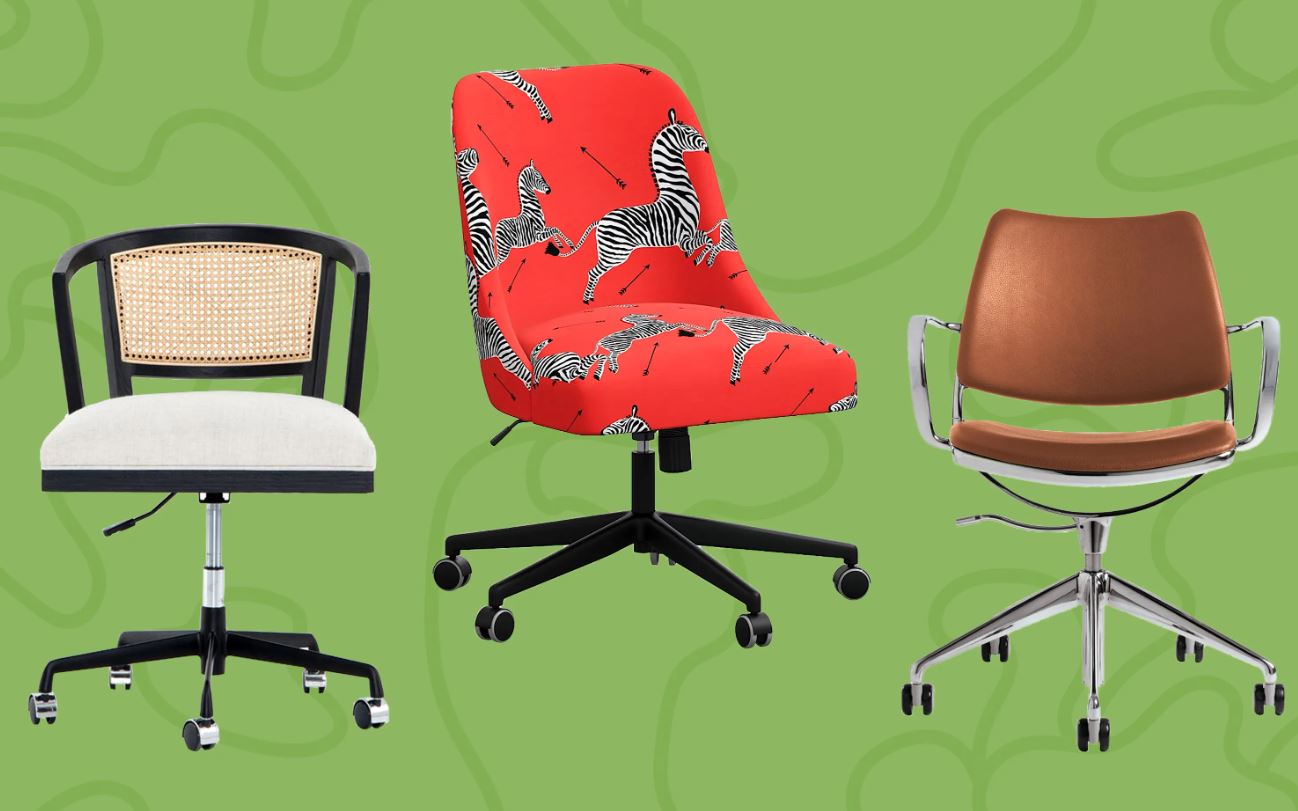Top 10 Best Fence Features, Reviews, and FAQs
Brandon Forder May 7, 2024 12:44 PM
Compare Products
- SCORE8.0
- BrandGeneric
Last update on 2024-05-07 / Affiliate links / Images, Product Titles, and Product Highlights from Amazon Product Advertising API
Choosing the best fence is a decision that will impact your home for years to come. A fence can add to the value of your property as well as serve as a secure perimeter. Fences can also provide privacy and aesthetic appeal. Fences come in all shapes and sizes and can be made from a variety of materials. The decision is a tricky one and will depend on your needs and priorities.
The best fence material will vary according to the needs of your home and your budget. Wooden fences are a popular choice for many homeowners. However, wood can be susceptible to insect infestation and decay, and a wooden fence will require maintenance.
Metal fences are also popular for decorative purposes, and are great for safety purposes. Unlike wood, metal fences are corrosion-resistant and will not rot. A metal fence can be painted to match the exterior of your home.
Aluminum fences can last for decades. They are lightweight, so they do not require much maintenance, and aluminum is not prone to rust. They also have the look of wood, and can be painted to match the exterior of your house.
Vinyl fences are another great option. These fences are low-maintenance and are easy to clean. However, this type of fence does not offer the same security and privacy as other types of fences. If you have pets or children, a fence can be a necessary component of your home.
High-tensile fixed-knot wire fencing is also a good choice for security and safety. This type of fence uses a single strand of barbed wire at the top to keep out predators. It is also a durable and long-lasting fence, but it may be more expensive up front.
In many ways, a wooden fence is the best choice. Wood is an organic material and is susceptible to weather fluctuations. Depending on the species of wood you choose, the wood may expand or contract, which can put pressure on posts and footings. Wood can also be damaged by termites and other types of pests. Using a pressure-treated wood fence will protect the wood from these adversities. However, a pressure-treated wood fence will require annual maintenance.
Another good choice is a composite fencing material. A composite material is made from wood fibers and plastic polymers, which provides durability and a high-end look. However, a composite fencing material can be expensive, and you should buy it from a reputable fencing company.
If you live in a cold or rainy climate, you may want to consider a metal fence. Galvanized steel is sturdy and rust-resistant, but it can be difficult to deal with if you live in a wet climate. Steel fences may also require rust-inhibiting paint. A vinyl fence, on the other hand, is a durable and maintenance-free option that offers the look of wood without the rot and maintenance.
The best fence material is a question that can only be answered by considering your priorities and your local weather conditions. There are many fence materials on the market, but the best choice will depend on your needs and budget.

























